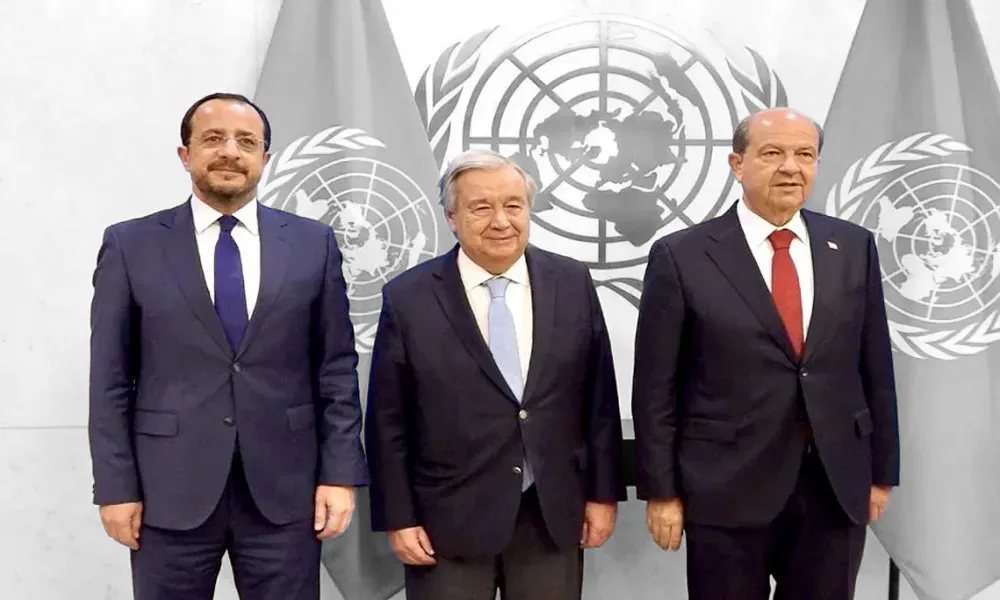If there is one point on which nearly all Greek Cypriot parties converge, it is the claim of Turkey’s intransigence in the Cyprus issue. They present this as the reason behind the repeated deadlocks in negotiations. Because this explanation is so widely accepted, it has come to shape the way the Greek Cypriot community understands and perceives the problem itself. Only a handful of voices venture beyond the dominant narrative of an intransigent Turkey, assigning part of the blame to the Greek Cypriot side, and fewer still reject the narrative altogether.
Of course, the shift toward a two-state solution after the collapse of Crans-Montana, and the insistence of Turkish Cypriot leader Ersin Tatar and Ankara on this position, created conditions that appeared to confirm the dominant Greek Cypriot narrative of intransigence from the other side. But such conditions did not always exist. We should recall that the previous leader of the Turkish Cypriot community, Mustafa Akıncı, had a very different stance on the Cyprus issue and earned the respect of many Greek Cypriots. He did not hesitate to clash even with Ankara when then-Turkish Foreign Minister Mevlüt Çavuşoğlu put the two-state solution on the table.
Turkey changed its line on Cyprus after the Crans-Montana collapse. Until then, it had played a supportive role in the process, according to UN Secretary-General António Guterres, who even thanked Turkey after the final dinner in 2017 for the stance it had shown in the talks. Why then did Mr. Akıncı have the political courage to confront Turkey over the form of the solution, but supposedly did not do the same when faced with Turkish intransigence? That does not sound logical. If Mr. Akıncı had realized how intransigent Turkey was and chose to remain silent, why then did he react so strongly when the policy changed, putting both his re-election prospects and his life at serious risk? These are well known to anyone who closely followed developments in the Cyprus issue.
There are serious logical contradictions in the dominant Greek Cypriot narrative, which go unnoticed because we prefer not to think too deeply about them. The narrative of Turkish intransigence is convenient; it works like the familiar “believe and do not question” rhetoric. This does not mean that Turkey is absolved of responsibility. Rather, it is important and indeed patriotic, to think critically and seek the truth, because myths and illusions often drive societies toward disastrous choices. If we stop listening only to ourselves and begin to take others into account, perhaps then we will stop constructing narratives that prevent us from seeing ourselves in the mirror.
The problem with the narrative of Turkish intransigence is that it leaves no room for self-criticism. After all, what is the point of examining one’s own mistakes if one is convinced that 100% of the responsibility lies with the other side? This mindset easily takes hold: “Whatever we do, we will not solve the Cyprus issue because the Turkish Cypriots and Turkey are intransigent.” It becomes the dominant narrative, and any attempt at criticism or self-criticism falls into the void.
